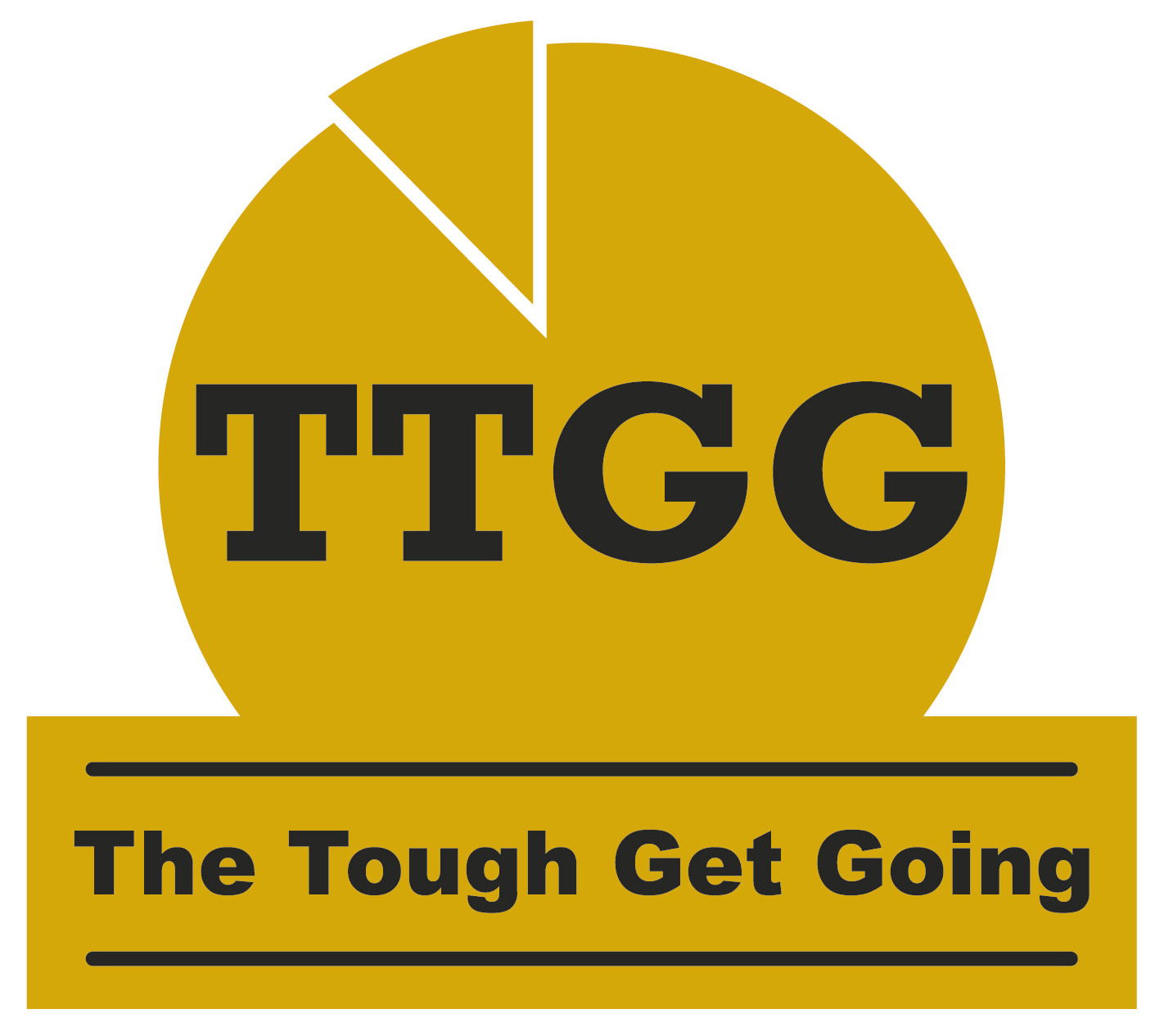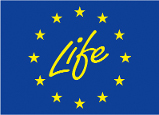> 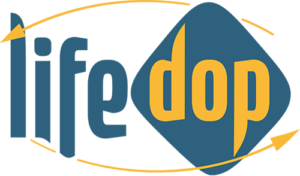
The Dop Life goals are varied and ambitious: combining intensive production and environmental quality; define an environmentally sustainable production model for Parmigiano Reggiano and Grana Padano in the province of Mantova; promote, along the entire production chain, an efficient use of resources and circular; test innovative good practices adapted to the territory and the supply chain of dairy cattle; validate the Model through LCA analysis on primary data collected at all stages of the supply chain; analyze the economic sustainability of the model; demonstrate the numbers of sustainability and value it on the market; promoting a sustainable model in a quality chain that can become a replicable model in other European. Website: http://www.lifedop.eu/
>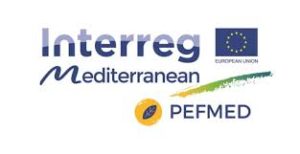
PEFMED project aims to test the applicability of the new EU Product Environmental Footprint method for some specific product groups in 9 Mediterranean agrofood regional systems (clusters & supply chains), with the final aim to fostertargeted systemic ecoinnovation interventions to green the agrofood sector, raise the market value of PEF-compliant productions and galvanize the regional Smart Specialization Strategies (RIS3) goals related to innovation in agrofood and industrial production.. Website: http://pefmed.interreg-med.eu
> 
Project’s aim is to prevent and reduce the environmental impact associated with the production of dairy products favoring the Ecodesign of food products by the design and use of software specially adapted to the special features of the sector. Project aims are: design a tool capable of improving existing products and processes; develop a Protocol for the Ecodesign of new products; promote the use of methodologies for design and manufacture of foodstuffs with environmental responsibility criteria; sensitize consumers towards eco-designed products. Website: http://www.lifeecolac.es
> 
Life-RENDER aims to demonstrate under real conditions the technical, environmental and economic feasibility of an innovative tool enabling the realization of PEF and PEFCR-compliant studies by SMEs from the Food and Drink sector and the identification of focused environmental measures. The project will promote the implementation of the Environmental Footprint Methodology at European level as key tool to assess and to communicate life cycle environmental performance to business consumers and stakeholders. Website: http://www.liferender.com
> 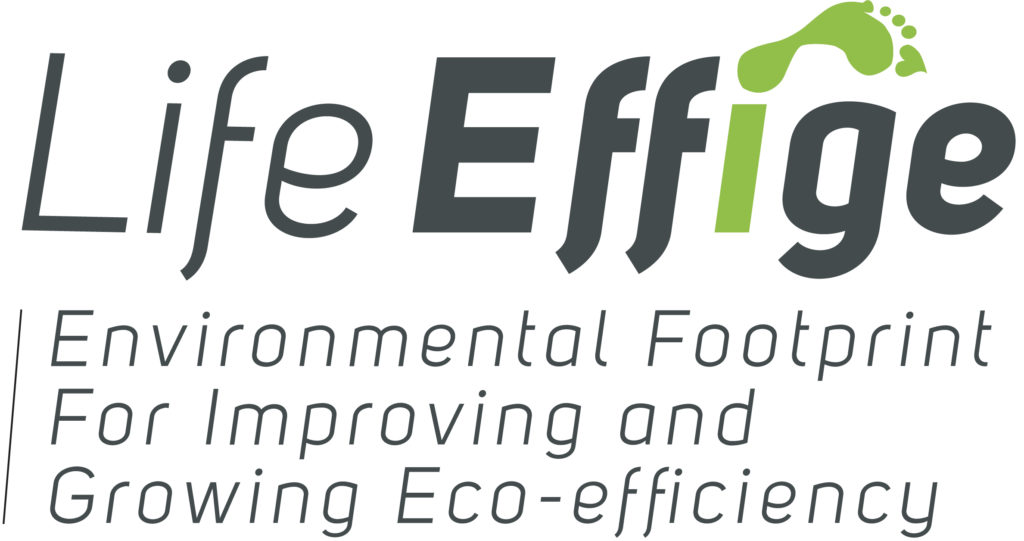
Life EFFIGE, experiences the PEF method in four manufacturing sectors – foundries, furniture, agro-food, and catering – involving many companies in this business. The companies participating in the project will also be involved in improving the environmental footprint of their products and services by planning strategic actions aimed to create more sustainable products and features that can make them more competitive. EFFIGE is also aimed to develop new tools for the implementation of PEF in small and medium-sized businesses, helping them to experiment with innovative approaches and methods that make them more competitive. Website: http://www.lifeeffige.eu
> 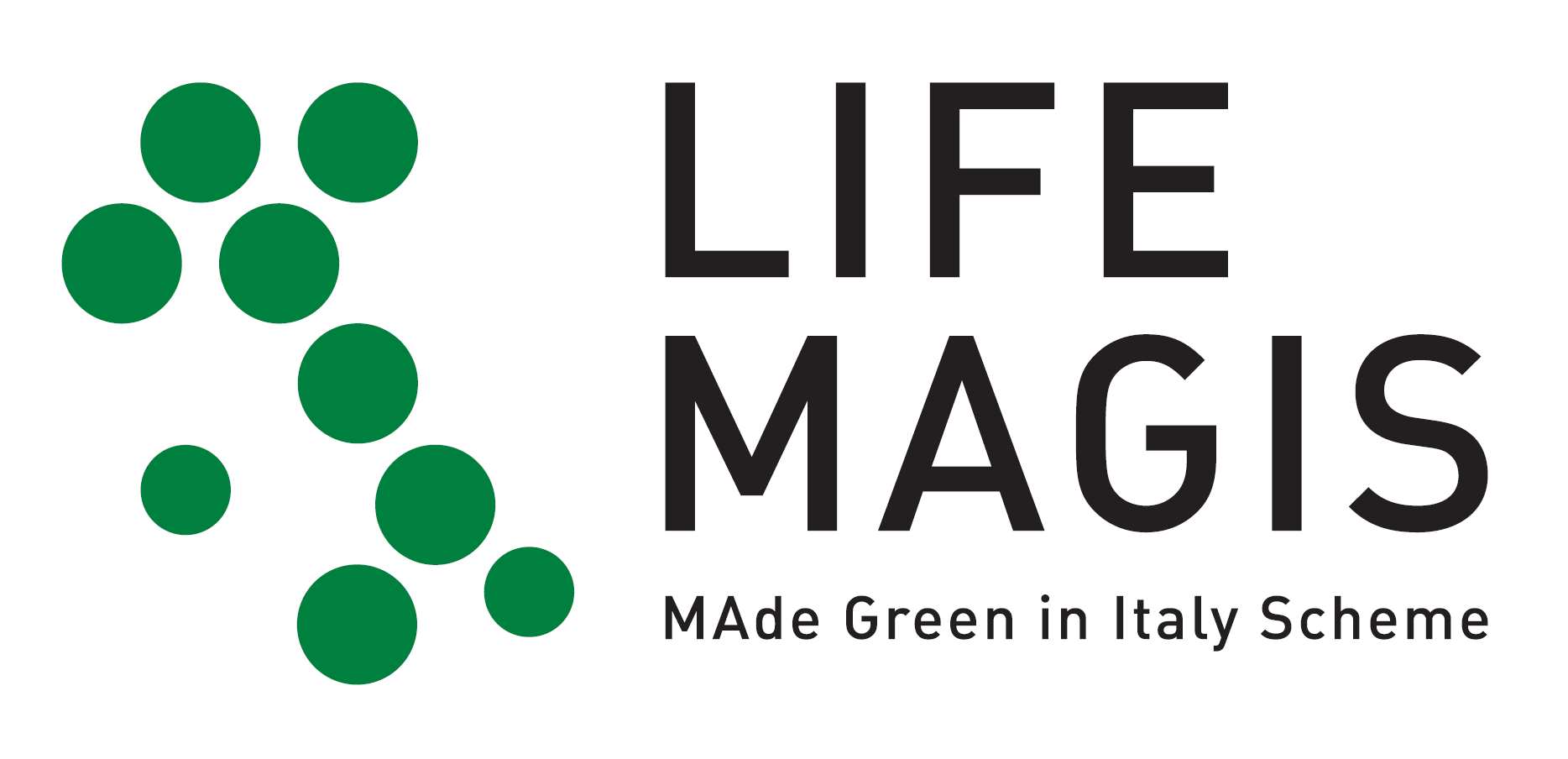
The LIFE MAGIS – MAde Green in Italy Scheme project supports the diffusion of the “Made Green in Italy” scheme, promoted by the Italian Ministry of the Environment to valorize Italian products with the best environmental performances. LIFE MAGIS develops Product Category Rules for many supply chains in the agro-food, window production, and leather sectors which are verified and tested with pilot companies. The project organizes communication activities directed toward citizens and final consumers to experiment with the most effective ways to communicate the environmental value of products and has also the aim to promote the Made Green in Italy scheme to other supply chains, sectors, and European countries. LIFE MAGIS makes available datasets and tools to make the adoption of the scheme easier for interested companies. Website: https://www.lifemagis.eu
